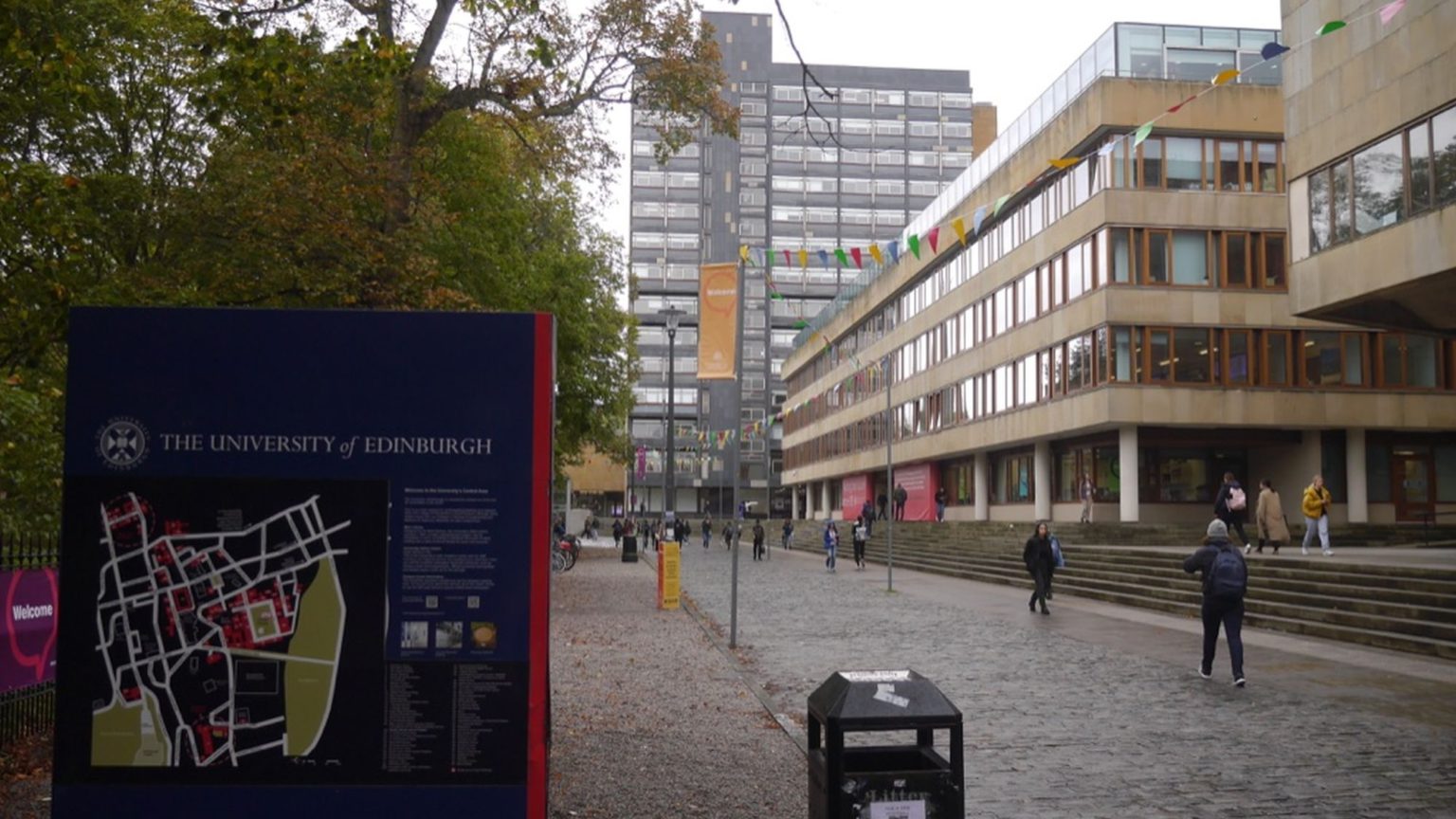The crisis of free speech in Scottish universities
Holyrood must take a stand against campus cancel culture.

As a rule of thumb, the Scottish government pursues different priorities to the Tories at Westminster. Scotland’s ruling party, the SNP, is at pains to highlight differences and divisions – to prove that Westminster is at odds with Scotland and callous to her needs. But exceptionalism for exceptionalism’s sake does not benefit the Scottish people. In some areas, Scottish ministers would be wise to adopt the priorities of their counterparts down south.
In this parliamentary session, the UK government has prioritised freedom of speech in universities. Earlier this year, Boris Johnson’s administration announced that the Office for Students will tackle censorship on campuses, with powers to fine institutions that fail to measure up. Proposals have been outlined that would bolster the free-speech duties placed upon higher-education institutions, including students’ unions.
The viability of these policies is still to be determined. Proponents believe that stiff regulation is needed, given the severity of campus censorship. Robust regulation, they contend, will ensure more open debate. Critics disagree, arguing that regulation will only make matters worse, handing new powers to the authorities to set the parameters of free speech.
The important thing, however, is that this issue is being raised. UK ministers have recognised the problem of censorship on campus and action to bolster free speech is firmly on the agenda. Members of the public are disturbed by the scourge of cancel culture, which manifests itself in student life, in research and in teaching. They recognise that this phenomenon is dampening the flame of free, open inquiry, and causing acute anxiety to ordinary citizens, who feel bullied into silence by woke ideologues.
But there has been no recognition of censorship on campuses by the Scottish government. This is a worry when you consider that censorship is just as rife, if not more so, in Scotland. This month, an alarming report about Edinburgh University alleged that staff are teaching in a climate of fear. The Times reported that lecturers are being ‘hunted down’ because of their failure to affirm gender-identity theory and other aspects of woke orthodoxy. There are complaints of bullying, repeated personal attacks on social media, and concerns about ‘indoctrination’.
Dr Neil Thin, a senior lecturer in social anthropology, is a prime example. Dr Thin has been suspended by Edinburgh University pending an investigation. This follows complaints from campaigners over comments Thin made opposing racially segregated spaces at the university. He believes, quite correctly, that this idea is antithetical to Martin Luther King’s vision of a ‘socially harmonious post-racial world’.
spiked’s Tom Slater noted the irony of the situation in April: ‘What Thin is in the process of being cancelled for… is not being racist, but opposing woke identity politics, which he rightly argues is ugly, divisive and kind of racist.’ The fact that an esteemed academic who passionately believes racism is wrong is being investigated for racism demonstrates that something is seriously amiss at Edinburgh.
The recent case of Lisa Keogh, a law student at Abertay University in Dundee, is also disturbing. Keogh is currently under investigation following complaints by fellow students that she made ‘transphobic’ statements during classes. In truth, she made statements based in biological truth about the differences between men and women, saying that women have vaginas and there are differences in physical strength between the sexes. These comments should be about as controversial as saying ‘fish have gills’. But in the context of a university in thrall to woke ideologues, they constitute a cardinal sin.
In March this year, a project by Robert Gordon University professor Sarah Pederson revealed that women academics, as well as students, frequently face abuse, censorship and allegations of ‘transphobia’ for communicating the ‘wrong’ ideas about sex and gender identity. Interviewees who took part in the project revealed that they had been reported to their employers, faced attempts to stop their work being published, and even had professional opportunities withdrawn because of their opinions. Most interviewees used the term ‘chilling effect’ to describe their treatment at the hands of hostile contemporaries and activists.
Pro-life organisations are also the targets of censorship on Scottish campuses. Last year, a report by the Society for the Protection of Unborn Children (SPUC) and the Alliance of Pro-Life Students (APS) accused several universities of failing to respect the free-speech rights of pro-life students. Edinburgh University and Stirling University reportedly refused to affiliate student pro-life societies. Glasgow University and Aberdeen University only allowed the affiliation of pro-life groups following legal action.
Action is needed in Scotland just as urgently as it is in England and other parts of the UK. A lack of free speech on campus is akin to a lack of water in an aquarium – it is life-threatening. Scottish ministers must consider action to avoid Scottish universities, some of the oldest and most venerable in the UK, from languishing in censoriousness. At the very least, this means bringing the problem to the floor of Holyrood to be debated. It may be out of character for the Scottish government to follow Westminster’s lead, but it is truly necessary in this instance.
Jamie Gillies is a political commentator and campaigner.
Picture by: Richard Webb, published under a creative-commons license.
To enquire about republishing spiked’s content, a right to reply or to request a correction, please contact the managing editor, Viv Regan.








Comments
Want to join the conversation?
Only spiked supporters and patrons, who donate regularly to us, can comment on our articles.